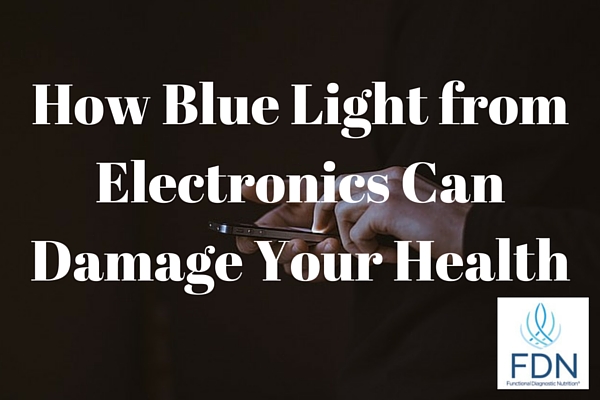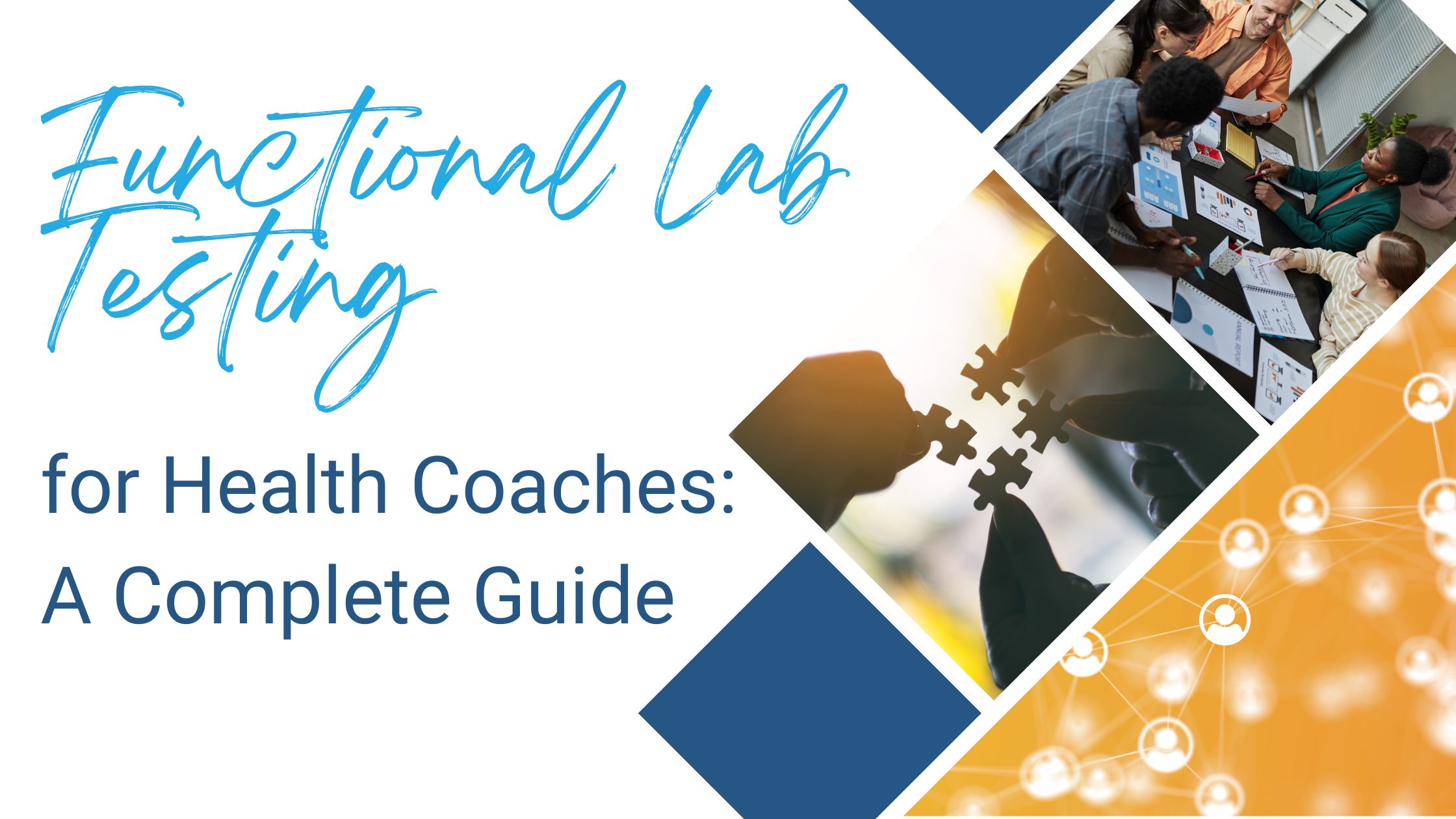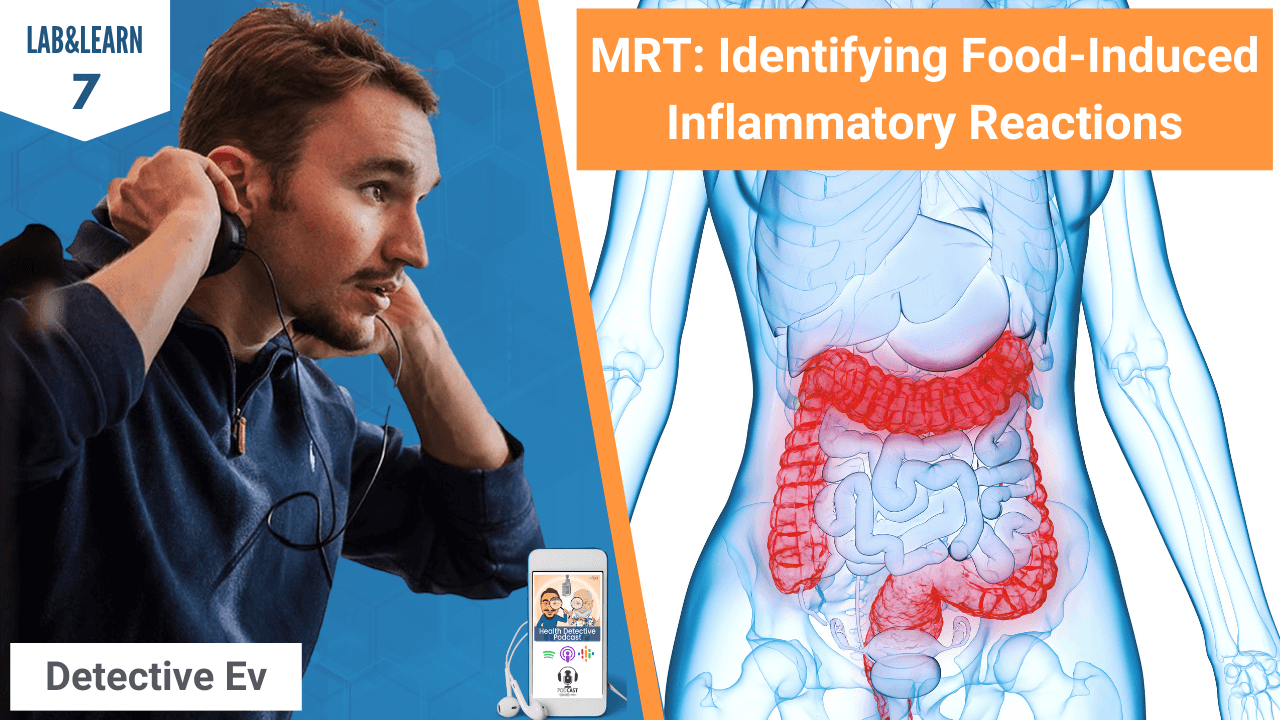FDN is happy to feature Erin Knight, a practicing FDN practitioner as guest blogger for this post. You can read more from Erin at Engineeringradiance.com.
I would bet my lunch money that you have already heard the recommendation to avoid staring at your phone or laptop screen at night due to the negative impact on your sleep. But have you been able to take this sage advice? Maybe you are the rare bird who has managed to shift their lifestyle around so that electronics are tucked away several hours before bed – congratulations, you are awesome and you can stop reading now.
This post is for the rest of us, who are still writing, searching, “liking” and tweeting well into the evening. I want to answer two questions. First of all, why is avoiding screen time so critical to our sleep and secondly is there any way to cheat the system and mitigate the effects without totally giving up our habits?
One of the issues with screen time before bed is that it may be keeping our brains revved up answering emails or thinking about a project, but even if we are just flipping through beautiful beach pictures on Instagram the blue glow from our device is working against us.
Why does the blue light from electronics interrupt sleep?
The pineal gland in the brain receives information about the daylight from your optic nerve and helps to prepare your body for bed by releasing melatonin as it senses that the sun has set. Within one to two hours after sunset, you should naturally feel sleepy as melatonin rises.
Blue light disrupts natural melatonin production because it signals to your brain that it is still daytime. Just FIVE minutes of staring at your iPhone, TV or tablet can shut off this important sleep hormone and antioxidant and make it difficult for you to get to sleep. In a perfect world, we would avoid screen time and bright white lighting several hours before bed.
But I don’t have trouble getting to sleep, so I have nothing to worry about right?
Insufficient melatonin and a disrupted circadian rhythm will still impact sleep quality. Interrupted sleep quality robs you of the repair and renewal work your body had planned for you and hopefully if you have landed on this FDN blog, I don’t have to sell you on the value of sleep. You already have good intentions, but the struggle comes in when what you know is important conflicts with some of the realities of modern life - term paper due tomorrow, finding time to stay in touch with friends and family, dancing cat videos…
What can I do today that will make a difference?
Continue to work towards strictly eliminating screen time at least 30 minutes before bed. If you need to use the computer in the evening or enjoy watching TV to unwind, there are a few tricks to mitigate the impact in the hours before bedtime.
- At a minimum, dim the screen(s).
- Get blue-light filtering glasses (you can choose from hundreds of models on Amazon.com, many for under 10$)
- Use a blue-light filter that you can apply to the screen of your mobile device
- Use a free browser available for your computers and mobile devices such as Eye Care (iPhone), Koala or f.lux.
- In your bedroom you may choose light bulbs emitting a warm/soft light or better yet a string of red/orange tinted LEDs instead of bright, white bulbs. (You can get these at a variety of stores, but this online specialty shop may help you get started or know what to look for: LowBlueLights.com)
These are quick and simple fixes that you can choose from to start improving your sleep quality right away. We can work on unplugging and achieving that blissful, herbal-tea-sipping evening routine next time.
If you are already using one of these tricks, please leave a comment below and share the impact it has had for you! Questions? We want to hear from you, too!
Have a friend or loved one addicted to their phones at night (seriously tell me you don’t know someone who is…)? Share this article with them and give them some fresh ideas!
About the author:
Erin Knight, FDN-P is a Health Engineer who helps high performers eliminate hidden sources of chronic stress to optimize mental and physical states. Erin has a Masters of Engineering from the University of Michigan and is trained in Functional Diagnostic Nutrition™ and nutrigenomics.
Questions for Erin? Feel free to reach out at Engineeringradiance.com or connect on Facebook or Instagram.







